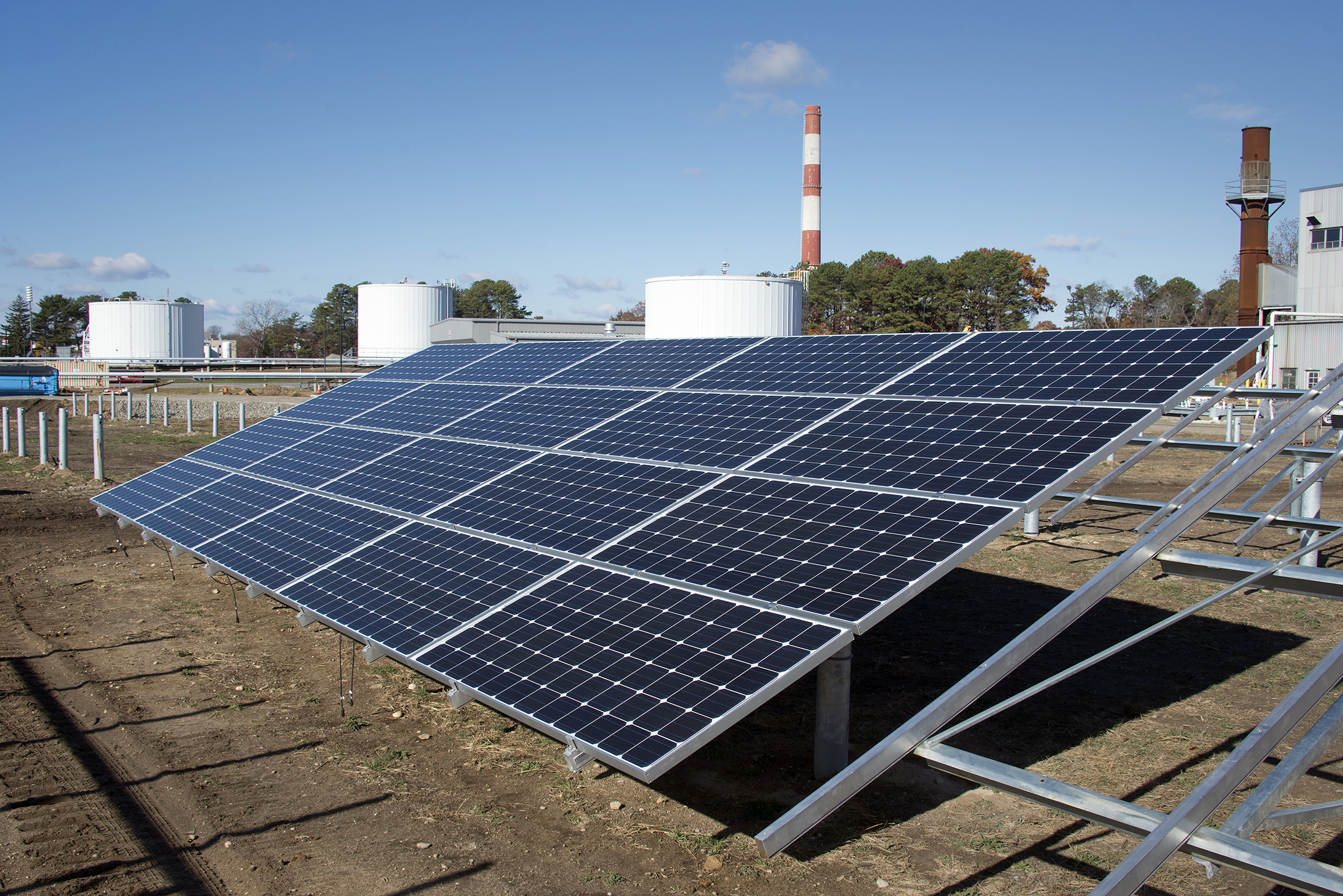Energy transition is among the top three organisational priorities for 73% of global companies, a study brought out by Infosys in collaboration with HFS Research, a leading global analyst firm has said.
The Energy Transition study says that 79% of the largest firms, which are valued at over $50 billion expect an increase in energy transition spending over the next 12 to 24 months. Overall, operational performance and efficiency, environmental impact of the business, and brand value are drivers that are making energy transition a priority for organisations.
Infosys and HFS Research surveyed 313 energy transition leaders across geographies and industries for an in-depth perspective on how they are aligning their companies with the global sustainability agenda that is underpinned by the 17 United Nations Sustainable Developmental Goals.
According to the study, 94% of energy and utilities executives are set to increase their IT spending over the next year; 82% expect an increase in spending on energy transition and 56% of organisations see themselves as road mapping or reinventing their business model for energy transition, while the remaining 44% are either waiting for other organisations to lead or for regulations to force them.
The study says 79% of the largest firms expect a significant increase in the importance of the energy transition over the next 12 to 24 months. As part of its long-standing Environmental, Social and Governance (ESG) commitments, Infosys turned carbon neutral in 2020. This includes leveraging renewables, orchestrating energy efficiencies, and driving unique fully funded, community-based carbon offset projects.
Along with creating a partner ecosystem to develop and deploy digitally-enabled solutions for energy transition, Infosys will also leverage Infosys Cobalt, a suite of solutions to help clients accelerate their net zero journey on the cloud.
Josh Matthews, Chief Sustainability Officer and Practice Leader, HFS Research, said, “The energy transition is moving forward, and the biggest firms want to play the systems-changing role we need. But there is so much left to do—both in triggering that systems change and in implementing business models, technologies, and processes. Collaboration will be essential—internally and throughout ecosystems—but needs to find a new level. Senior industry leadership must ultimately drive the energy transition by cascading roadmaps through their organisations. The climate and sustainability emergency means that the energy transition holds a massive opportunity and responsibility for the bravest people and companies.”
Infosys and BP have collaborated to create ‘Energy-as-a-Service’ offering enabled by digital innovation. It is an integrated solution for holistic energy management that can enable energy savings, cost reduction, decarbonisation and supply reliability across your business all enabled by an intelligent digital platform.
Sashi Mukundan, President, BP India and Senior Vice President, BP Group, said, “BP and Infosys have brought together their complementary capabilities, products, and services to create an integrated Energy-as-a-Service offering. This strategic collaboration builds on our energy transition goals where we can deliver secure, affordable, lower carbon energy the world increasingly needs, managed by AI/ML based digital platform to drive energy efficiency. With this engagement, we will aim to support our customers in achieving their sustainability goals faster.”
Ashiss Kumar Dash, EVP & Global Head – Services, Utilities, Resources and Energy, Infosys, said, “Our collaboration with HFS has resulted in a very informative and eye-opening study which sensitises the industry to the need for energy transition. In the post-pandemic world, we have witnessed that accelerated digital transformation and adoption of digital platforms are taking precedence among businesses in pursuit of sustainability and net zero emissions. Our dedicated Energy Transition practice is helping companies across energy, utilities and other sectors conceptualise and deploy practical solutions to decarbonise their energy footprint.”





























